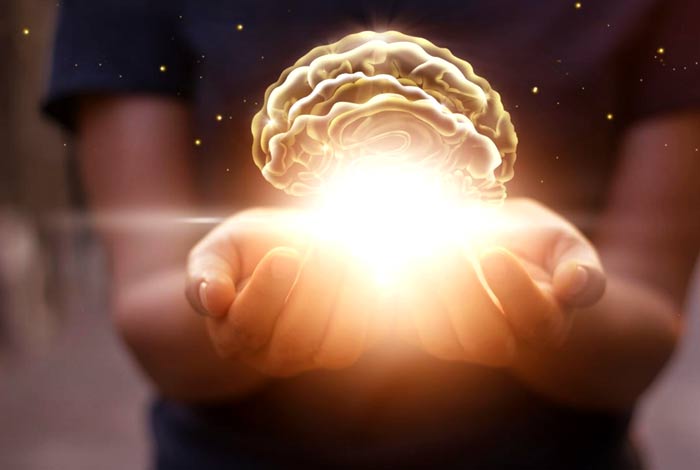
Serotonin is an essential chemical and neurotransmitter that helps in controlling mood, social behavior, memory, sexual desire, sleep, appetite and digestion. Any variation in serotonin levels can lead to change in the mood like depression. Through a new research, it is uncovered that serotonin plays a vital role in boosting learning speed. It is exhibited that serotonin is associated with memory and neuroplasticity, or the ability of the brain to adapt things continuously to preserve cognitive function and health throughout the life.
According to Champalimaud ( Centre for the Unknown in Lisbon) and University College London in the UK, it is found that serotonin helps in learning. To be specific, it appears to speed up the learning process. This was explained by researchers in a paper published in the journal Nature Communications.[1]
A study was conducted on the animals to test how the mouse would adapt their behavior in a new condition. A co-author from CCU, Zachary Mainen explains that serotonin enhances the speed of learning.
Learning Strategy
For studying the animal’s learning process and speed, the researchers gave a task to the mice in which they had to find water. The mice were supposed to poke a water-dispenser placed on their right or left. Throughout the task, the mice struggled to get water. At times, the mice waited for some time after trying and sometimes they tried immediately afterward. The scientists noticed that the mice tended to wait longer in between the attempts at the beginning and at the end.
Through this research, the scientists hypothesize that during the initial phase, the animals might have stayed distracted and uninterested in the task. The mice must have wanted to get out from the experimental chamber. And, towards the end of the session, mice might have lost interest due to lack of motivation. With this experiment, the team figured out the effect of serotonin, how it affects learning and decision-making power.[2]
It was noticed that during the interval when mice were making attempts, they planned one of two types of strategies. This was an attempt to gain success in the trials.

Working Memory vs. Long-Term Memory
During the short intervals between the attempts, it was noticed that based on the previous trials, the mice planned their strategy, whether successful or unsuccessful. In case the mice succeeded in getting water from the dispenser, they would make the efforts again. If they failed, they would target the other dispenser. This was called the “win-stay-lose-switch” strategy.
When the mice took long intervals, they had an option to make a choice based on their past experiences. This concludes that in the previous case, the mice made use of their working memory that enables in making decisions based on immediate experiences. However, in the latter case, the animals used their long-term memory and accessed the stored knowledge.
Learning made Coherent with Serotonin
Optogenetics is a technique that engages light to handle molecules in living cells. With the use of this technique, the CCU researchers stimulated the cells that produce serotonin in mice’s brain. This was done to check how it affects the behavior of animals during learning. On analyzing the data, the scientists came to a conclusion that in case of higher serotonin levels, how effectively the animals learned from prior experiences.
UCL researcher Kiyohito Iigaya added that during most of the trials, the choice was driven by a ‘fast system’ where the animals followed a win-stay-lose-switch strategy. But on a small number of the trials, it was found that this simple strategy failed in explaining the animals’ choices. Based on these trials, the team found that animals followed their ‘slow system’. He adds that serotonin affected the latter choices due to which the animal was following the slow system.

Connection with behavior and mood
The authors believe that the findings may explain why SSRIs – selective serotonin reuptake inhibitors (a drug for boosting serotonin level and which is used in treating depression) are most effective on using in combination with cognitive behavioral therapy. When SSRIs handle depression by addressing chemical imbalances in the brain, objective of cognitive behavioral therapy is to improve symptoms of depression.
According to the results, it is suggested that serotonin boosts (brain) plasticity by guiding the rate of learning. This was mentioned by the study authors in the conclusion of a published paper. They add, “This resonates with the fact that treatment with an SSRI can be more effective when combined with so-called cognitive behavioral therapy, which encourages the breaking of habits in patients.”










